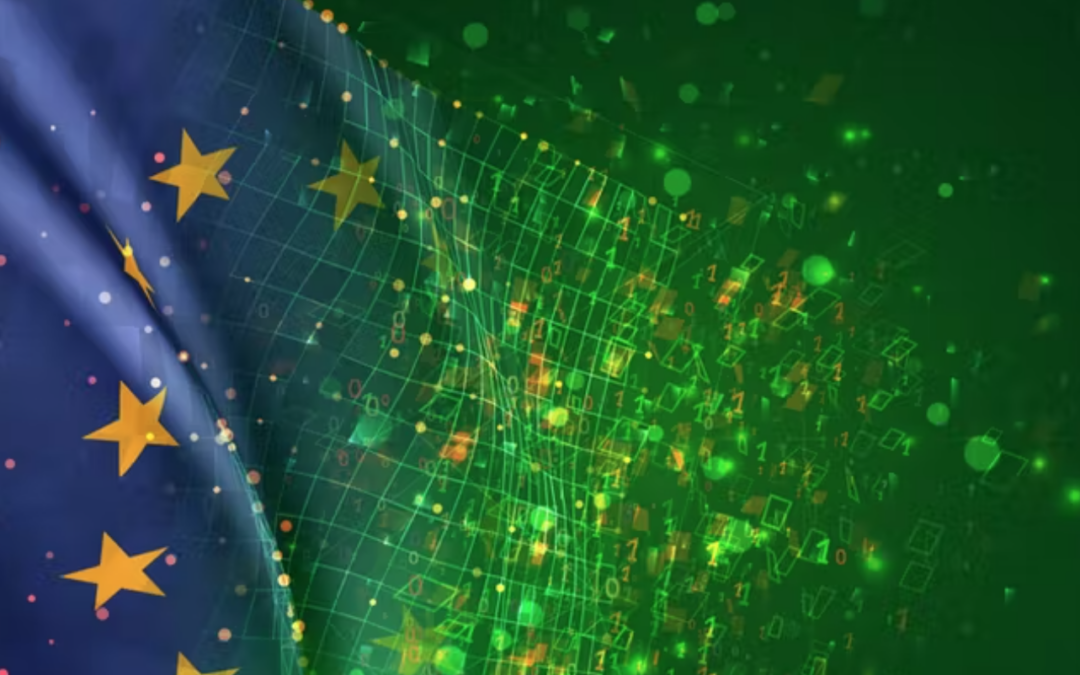In recent years, the European Union (EU) has actively promoted intermittent renewables as part of the green transformation, although so far, it has not paid off. Instead of moving away from fossil fuels, the EU is increasingly dependent on natural gas imports, maintaining coal plants and is nowhere near decarbonization. The sad reality of the European green transition is that the main winner is natural gas. Still, things can change if we rely even more on the latest technological advances, including Artificial Intelligence (AI).
HOW TO ACHIEVE A LOW-CARBON ECONOMY?
In our opinion, there are mainly two options:
- The lawsuit. This means downsizing and lower consumption, but we believe that most Europeans are not yet ready to radically change their consumption behavior. It is a long-term process that is just around the corner.
- The offer. This means greater investments in energy infrastructure, new technologies, improved energy efficiency and increased productivity. There is room for improvement in all these areas.
Currently, renewable energy is of little use in the energy mix because it cannot provide a constant supply of power, but technology can help. Large industrial projects now seek to address the problem of wind intermittency, for example. Instead of increasing the number of offshore wind farms individually connected to national grids (which increases costs and reduces systemic efficiency), Dutch electricity transmission operator TenneT is promoting the idea of artificial islands in the North Sea. These will serve as hubs to distribute electricity in an optimized way to neighboring countries. This is a pilot project that will take years to implement, but if successful, it could accelerate the adoption of wind energy.
EXAMPLE: BUSINESS CASE - SOLAR PLANTS
AI is another area of research that promises to address renewable energy supply issues. We are currently working on two projects with Canadian Solar, one of the world's largest and most geographically diversified large-scale solar and energy storage companies.
In the first stage of our collaboration, our team is working on predictive maintenance, one of the biggest headaches in the power industry. Inverters are the most problematic elements of a plant. Several problems can cause inverter failure: overuse, overvoltage and undervoltage, ultrasonic vibrations (which can cause friction and damage inverters) and capacitor wear (they have a limited lifetime and age faster than other components, leading to inverter failure). When this happens, it can reduce solar output by more than 20 %. AI can help with anomaly detection monitoring and failure forecasting to prevent inverter failures before they happen, thus avoiding production declines. Substrate AI's predictive maintenance solution is being tested at three of Canadian Solar's PV plants. By the end of the year, we plan to deploy our technology to all energy companies, both large and small, that are struggling to achieve operational efficiencies and cost savings.
In the second stage, we plan to work on production forecasting with AI. Selling power freely and managing it to get a good price can increase the profitability of a solar plant by more than 40 %. Normally, power is sold in bulk to a trader who does this work. We are helping power operators, in that particular case Canadian Solar, get into this business. But to be successful, they need artificial intelligence systems to help them understand how their plants work. We expect to start working on this project from the second half of 2022.
GO GREEN, GO LOCAL
We believe that local initiatives will play a key role in enabling the green transition. This is our social responsibility as a company to make it happen.

Energy efficiency in buildings is an integral part of going local. We are currently implementing AI systems to manage building energy while maintaining maximum comfort with minimum expenditure. This is in a test phase. We expect the savings in consumption to exceed 20 %.
In this project, we work hand in hand with the Sener Engineering group and the smart electric vehicle company Wallbox (using their Sirius system, an innovative energy management solution) to help us manage all energy sources and consumptions for maximum performance. This is all done using our bio-inspired AI solution. We expect a commercial launch in 2023.
This is just the beginning. AI can be an integral part of the green transformation process by helping to better manage data, reduce costs, and predict system failures, among other things. Surely, this is the only way to achieve a low-carbon economy (acting on the supply side rather than the demand side, with a technological brick on top).
Source: Substrate AI
